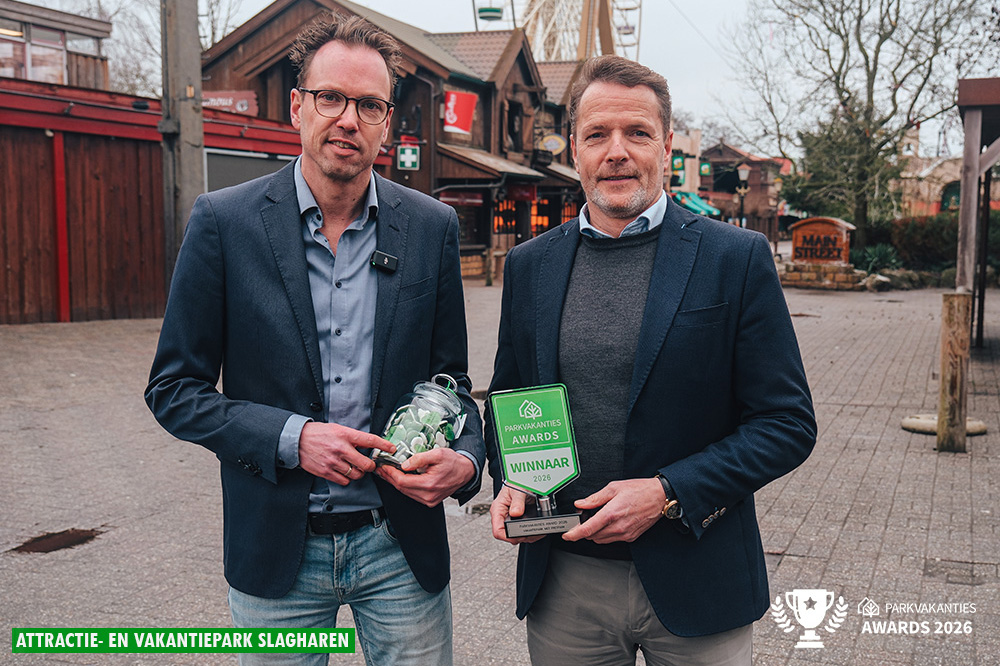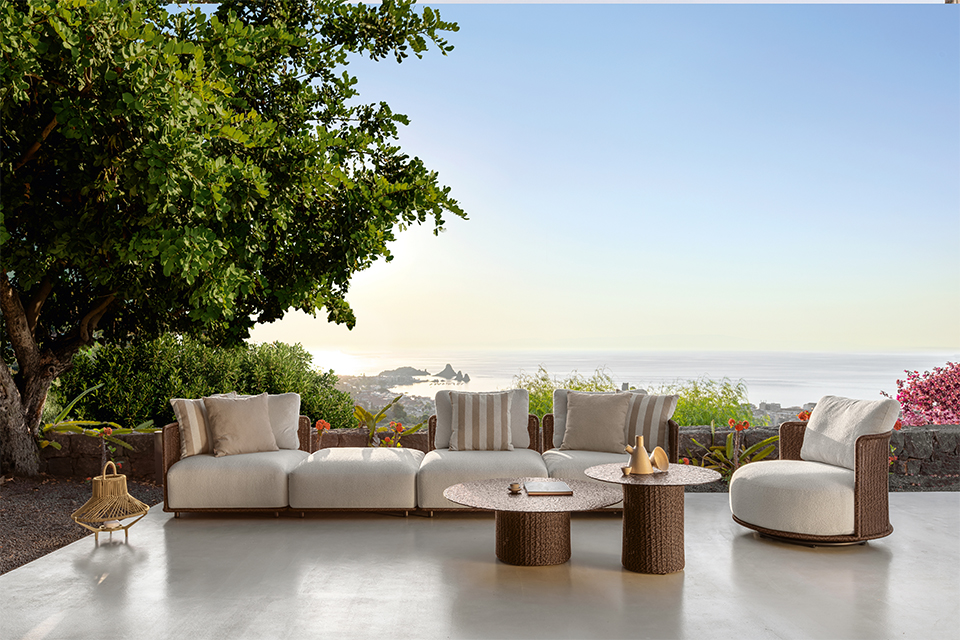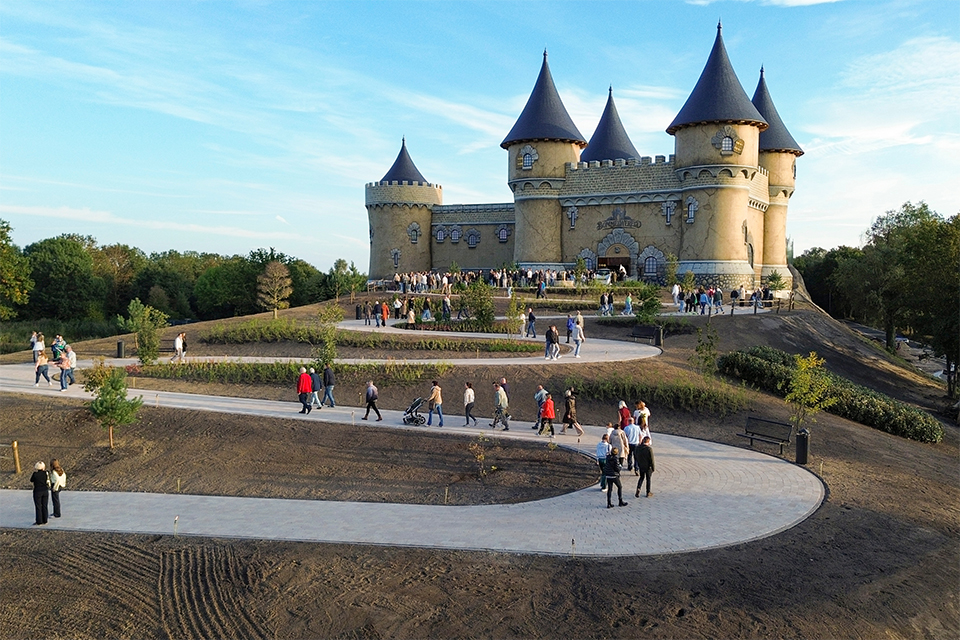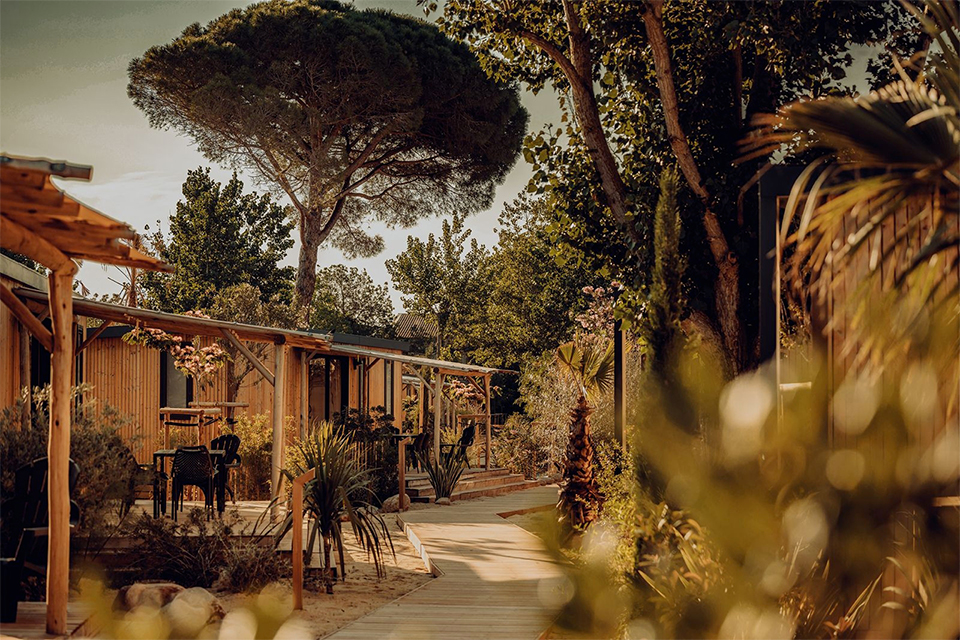
Is glamping becoming the new standard for corporate events?
It is Monday morning. The event manager of a large company stares at her screen. The annual strategy day including an overnight stay has to be planned. For years, the choice was simple: a meeting room in a conference hotel, standard lunch buffet, concluded with drinks and party in the lobby. But times are changing. Sustainability, experience and connection are high on the agenda. "What if we do things differently this year?" she thinks. "What if we don't just have meetings, but really go into nature?"
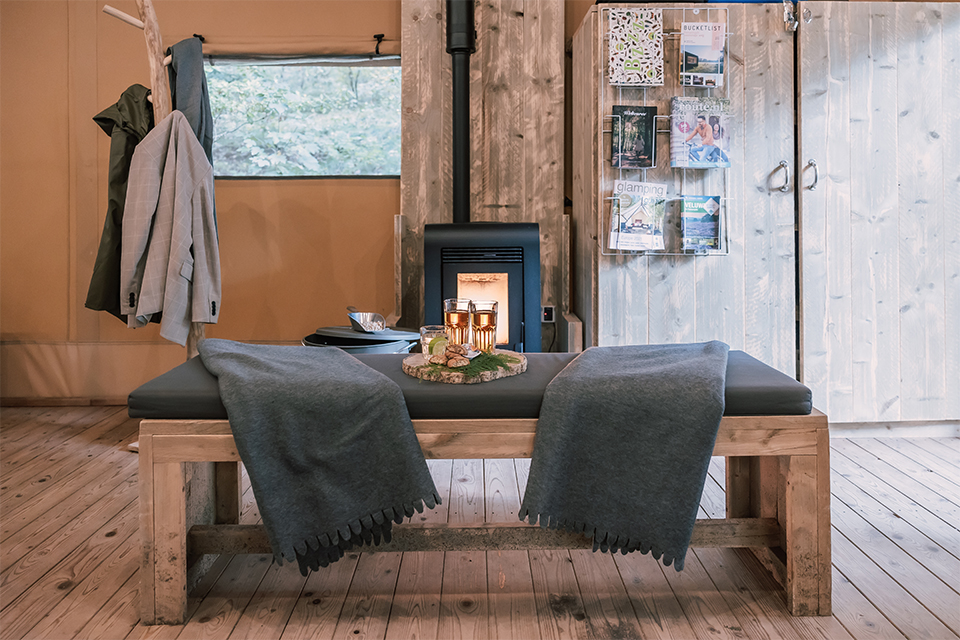
More and more companies are taking a different approach. No longer are strategy days and team-building sessions held in sterile conference rooms, but in inspiring glamping locations. Luxury safari tents, lodges and pods combine comfort with the great outdoors, giving business events a completely different dynamic. It is no coincidence that places like Buitenplaats Beekhuizen are expanding their business offerings. Here, it is not just about meetings, but a complete experience: outdoor training sessions, campfire talks and sleeping under the stars.
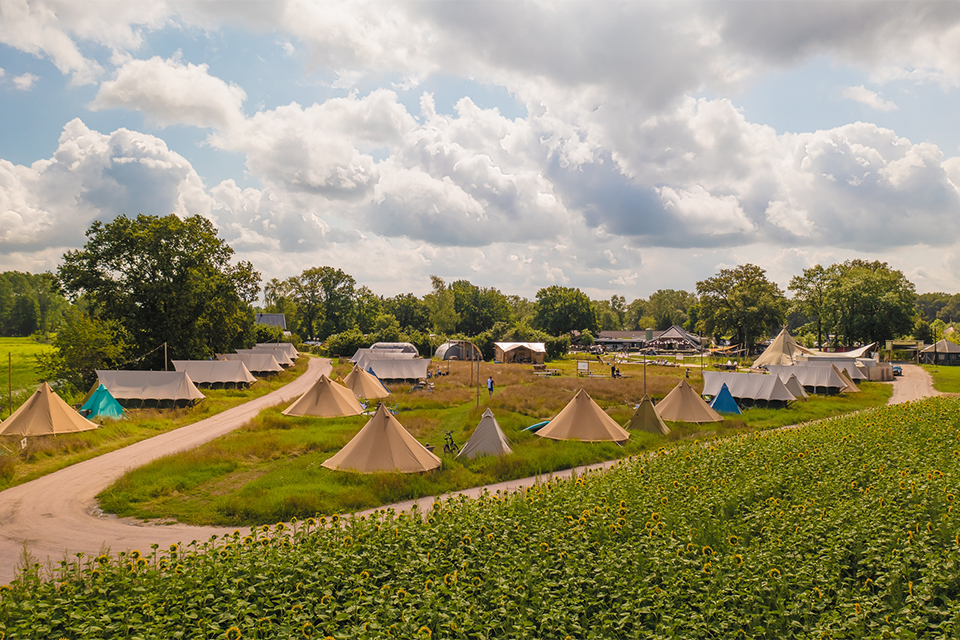
Why glamping is so attractive to the business market
Sustainability and circularity have long since ceased to be buzzwords; they are at the heart of corporate policy in many organisations. The classic conference venue no longer suffices. Companies want venues that match their values: inspiring, green and with a low ecological footprint. Glamping fits perfectly into this picture. By meeting outside, literally and figuratively thinking outside the box, new energy is created within teams.
Moreover, glamping offers something that traditional hotels and conference centres cannot always do: a deeper connection between participants. After an intensive brainstorming session or leadership training, retreating to your own luxury tent, instead of an anonymous hotel room, creates a unique experience. This is not only valuable for team building, but also contributes to personal growth and reflection.
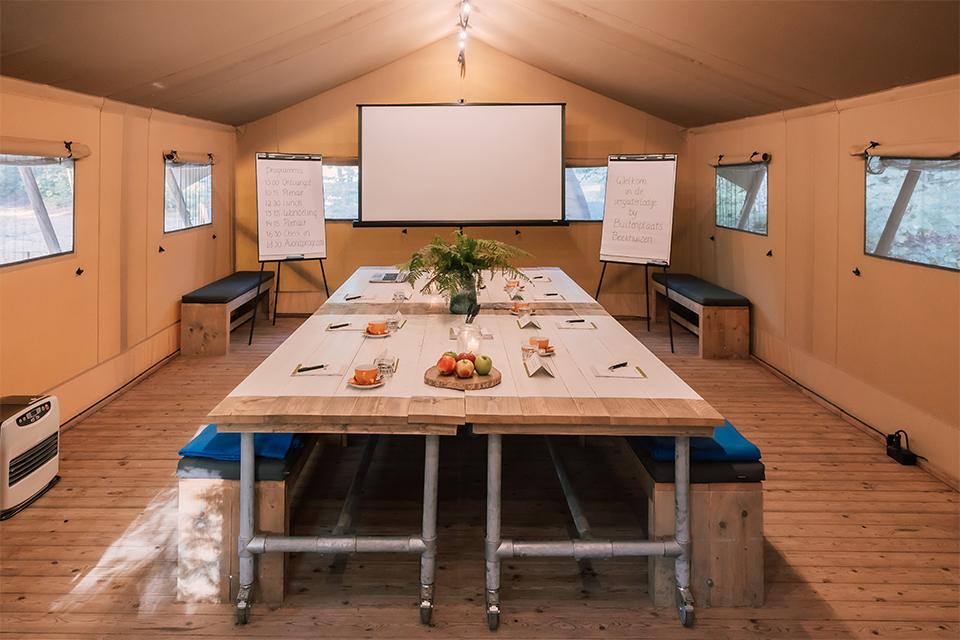
The rise of pop-up glamping for businesses
For companies that want to go one step further, pop-up glamping offers a flexible solution. Think of a corporate event on your own premises, but with all the facilities of a full-fledged glamping location: luxury tents, atmospheric lighting, outdoor kitchens and even mobile wellness facilities. Companies like Event Camping and Campsolutions make this possible. So any site - from headquarters to a remote nature reserve - becomes a temporary outdoor hospitality experience.
Glamping & hotels: competition or opportunity?
The big question for hotels and conference centres: is glamping a threat or an opportunity? The first examples from abroad show that the combination of hotel & glamping actually works extremely well. Luxury resorts in Slovenia and the United States offer their business guests a hybrid model: meeting in the hotel, spending the night in a high-end safari tent. In doing so, they respond to the growing need for flexibility and unique experiences.
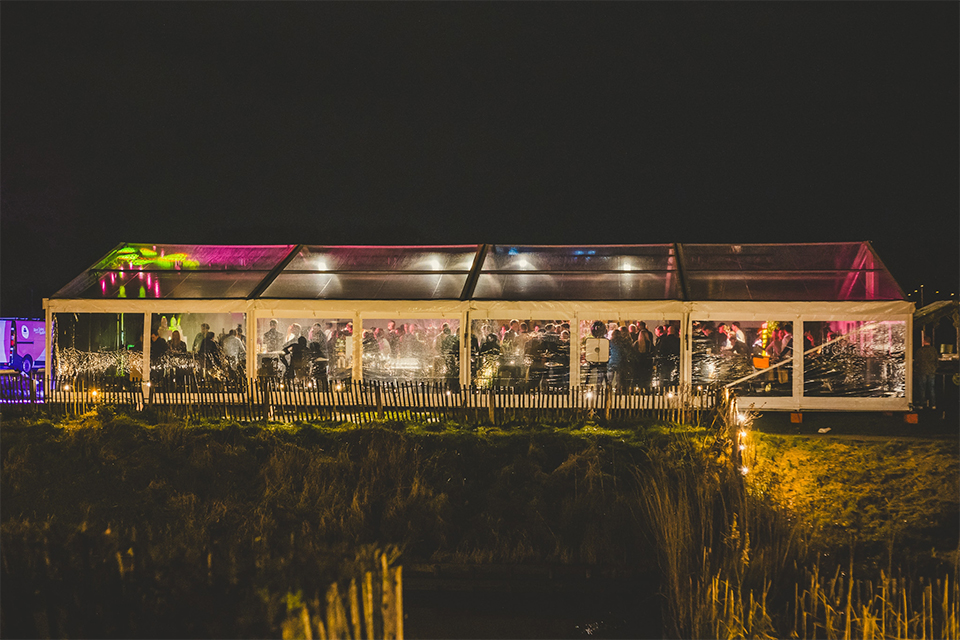
There are also plenty of opportunities in the Netherlands. Hotels that use their outdoor space for glamping experiences can appeal to a completely new audience: companies that want to organise sustainable, inspiring and connecting events. By partnering with outdoor hospitality providers, hotels can give their business market a fresh, contemporary twist.
Another inspiring example is Holiday Park Mölke, where the concept of Slow Living was invented in Twente. Here, something very special is done: an illuminated harbour, a translucent heated tent, culinary dishes, light letters and live music. A wonderful atmosphere for a very special Christmas party. This is how you give your colleagues the real warm Christmas feeling. Totally Slow Living. The entire month of December 2025 and early January 2026 is dedicated to this unique concept, where companies can treat their employees to a magical evening (and overnight stay).
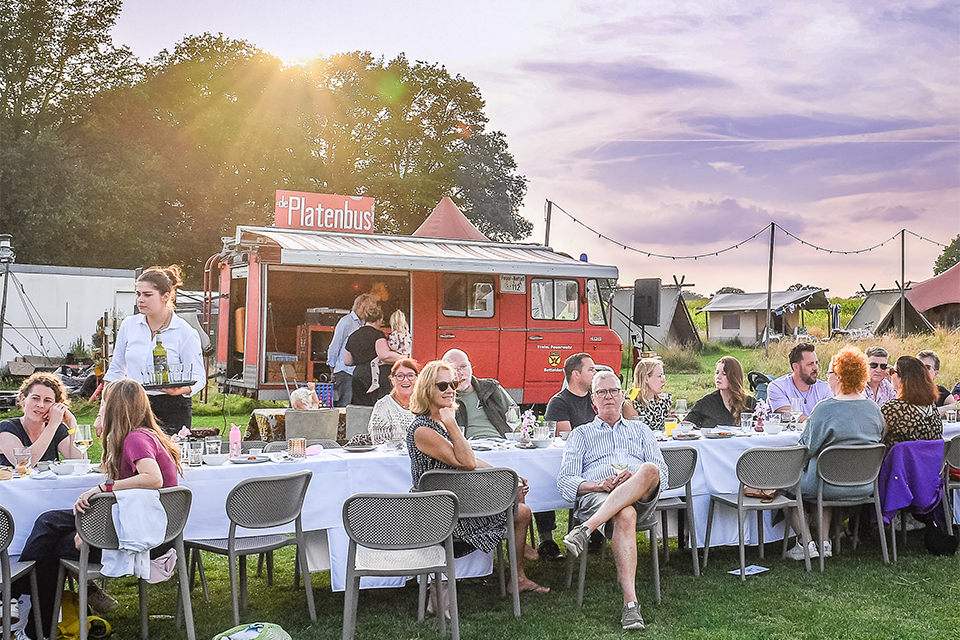
The future: from four walls to open horizon
The days of standard meeting rooms and impersonal conference hotels are coming to an end. The business market is looking for authenticity, sustainability and connection - and glamping offers just that. So the question is not whether this revolution will happen, but when the traditional hotel industry will also adapt.
The choice is yours: do we stay within four walls, or do we step outside and embrace the future of corporate events?
